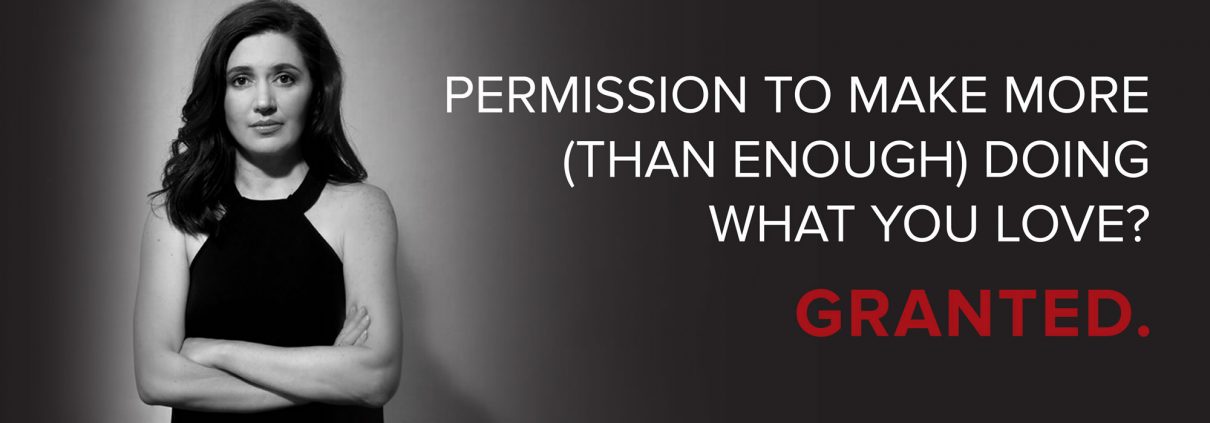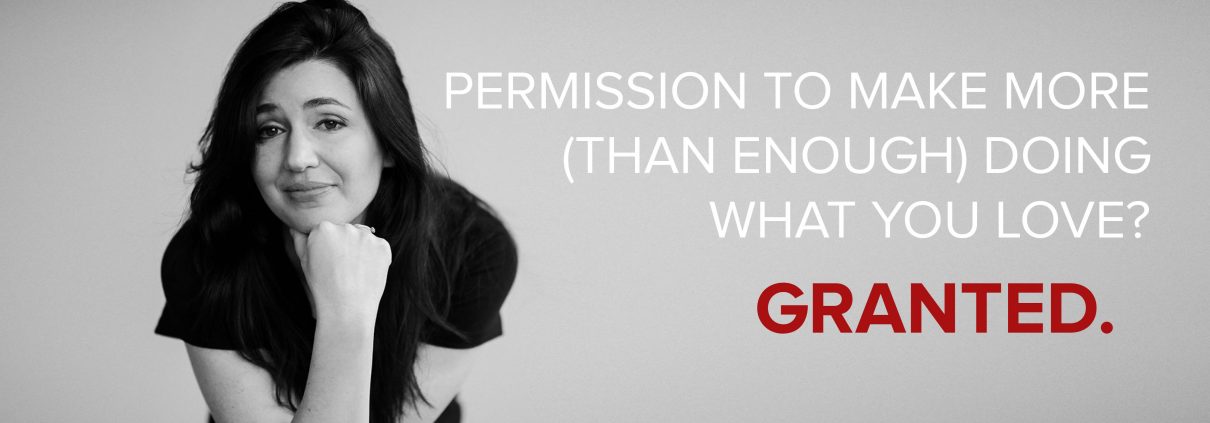Recharge, reflect, regenerate – tackle the shit out of the year’s end
As December settles in, I hope you’re taking time to recharge and reflect.
Though New Year’s resolutions are often seen as cliché, giving yourself permission to reinvent everything is powerful.
Setting an intention. Activating inspiration. Igniting creation.
2015 was a whirlwind for me and my business. I launched three programs, earned 7 figures, found myself a total babe, and learned how to navigate life while managing my empire.
What Happened:
- Some of my clients earned six figures, while others are well on their way.
- Fiercely loyal CCC participants raised each other up in times of need and in epic celebrations. A tribe, they are.
- 1:1 packages were restructured and are more powerful. I’m having a love affair with the six week sessions.
- Manifest NOW came back as a live course (we start today).
And while I’ve celebrated some major wins, I’ve also reflected on what I want to change.
Transitioning can be hard (even for big dogs). Shifts spark fear and scarcity. And honesty and vulnerability are two of our biggest assets, no matter how much we fight them.
Mindset work is still exhausting. (I told you, it’s a continuous process.) I humbled myself by realizing content creation led me to disappearing a few times, even though I promote visibility as a way to make money.
A chink in my armor last year, but something I vow to continue working on as my business grows.
Trends and strategies change, and if we don’t pay attention we can become yesterday’s news. This is why courses, conversations (without the competition) and clients’ needs are the pulse of our businesses.
But Becky, why are you sharing what some might consider weaknesses?
Because nobody can grow without looking at what they could have done better. And I aim to keep rocking the entrepreneurial world well past the next 365 days.
While this message finds you at the beginning of a new month, remember you’re 31 days away from a symbolically important shift: a time when we’re able to reinvent anything we want, a new beginning (especially for anyone suffering) and a time when you can make the choice to change your life for the better.
That doesn’t mean it will come easy, and I’m certainly not the chick who promotes flowers and rainbows all the time. Shit storms can’t be fixed with potpourri, but an even shittier attitude just makes things smell worse.
But how can it possibly get better if you don’t try?
Even though this year wasn’t perfect, even though every single goal I wanted to reach (personally and professionally) wasn’t met, that doesn’t mean I’m not looking forward to what 2016 will gift me and – in turn – gift you.
Thank you all for being the best damn group of women I’ve ever known. For being as big a part of my journey as I am yours. For being thought leaders, truth-tellers and cheerleaders in different moments (you brainy, brazen and boisterous b-words).
Respond and tell me what you’re gearing up to do, because – like I said – I served up radio static for a bit (and, dammit, I really fucking missed you).


